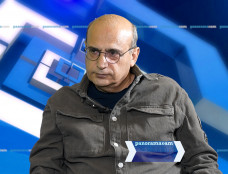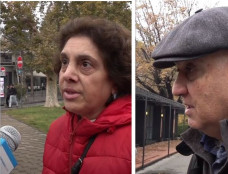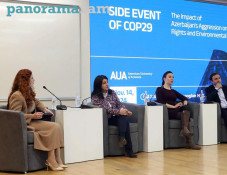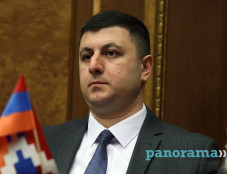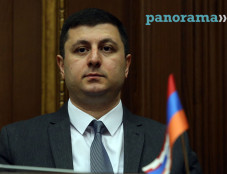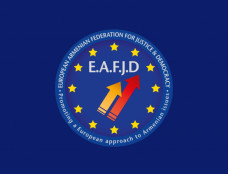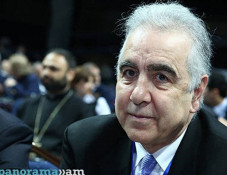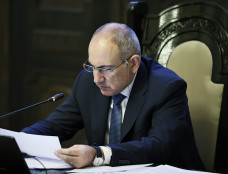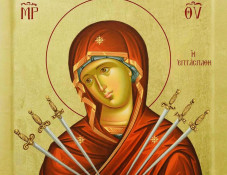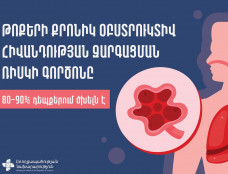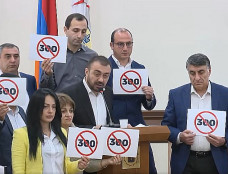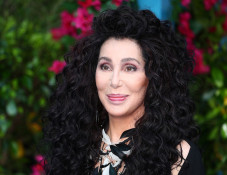
Today is International Anti-Corruption Day
The United Nations’ (UN) International Anti-Corruption Day aims to raise public awareness of corruption and what people can do to fight it. It is observed on December 9 each year.
International Anti-Corruption Day is a time for political leaders, governments, legal bodies and lobby groups to work together against corruption work by promoting the day and the issues that surround this event. On this day anti-corruption advocates organize events to engage the general public to effectively fight against corruption and fraud in communities.
International Anti-Corruption Day is a global observance and not a public holiday.
Corruption is an issue that affects all countries around the world. It can refer to the destruction of one’s honesty or loyalty through undermining moral integrity or acting in a way that shows a lack of integrity or honesty. It also refers to those who use a position of power or trust for dishonest gain. Corruption undermines democracy, creates unstable governments, and sets countries back economically. Corruption comes in various forms such as bribery, law-breaking without dealing with the consequences in a fair manner, unfairly amending election processes and results, and covering mistakes or silencing whistleblowers (those who expose corruption in hope that justice would be served).
By resolution 58/4 of October 31, 2003, the UN General Assembly designated December 9 as International Anti-Corruption Day. This decision aimed to raise people’s awareness of corruption and of the role of the United Nations Convention against Corruption in combating and preventing it. The assembly urged all states and competent regional economic integration organizations to sign and ratify the United Nations Convention against Corruption (UNCAC) to ensure its rapid entry into force. UNCAC is the first legally binding, international anti-corruption instrument that provides a chance to mount a global response to corruption.
Newsfeed
Videos





